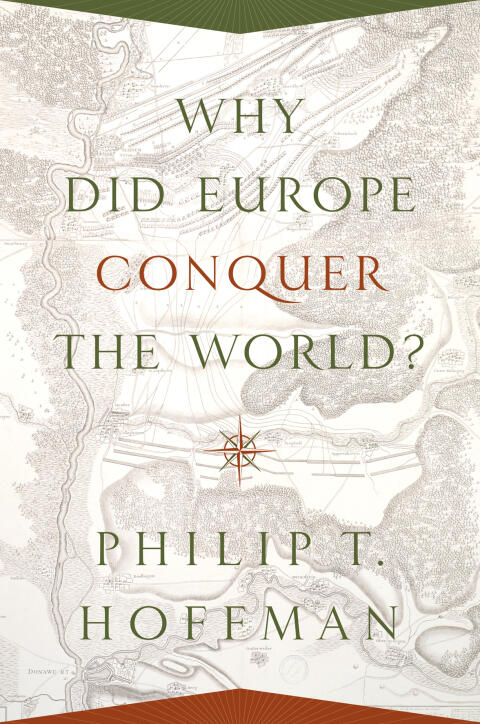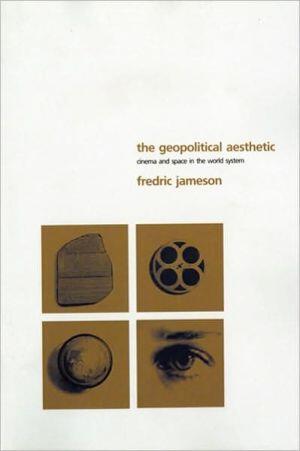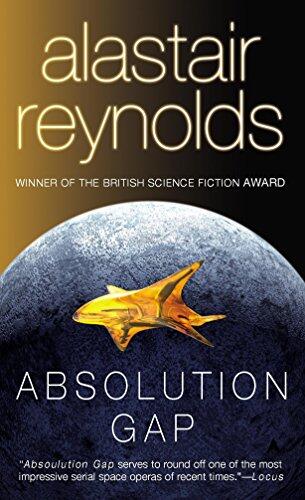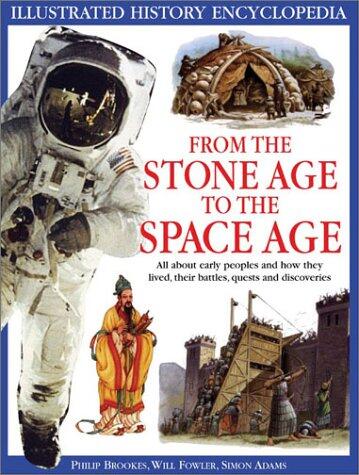
Why Did Europe Conquer the World?
아직 평점이 없습니다
Science & Technology
History
Business & Economics
+1
more
형식
킨들
페이지
268
언어
영어
출판됨
Jan 1, 2015
출판사
Princeton University Press
판
Reprint
ISBN-10
1400865840
ISBN-13
9781400865840
설명
Philip T. Hoffman delves into the intricate tapestry of European history, exploring the factors that led to the continent's remarkable dominance from the late 15th century onwards. He presents a compelling narrative that intertwines economics, politics, and social dynamics, offering a fresh perspective on why Europe emerged as a global powerhouse. Hoffman's analysis challenges traditional notions of superiority based solely on technological advancement, shedding light on the complex interplay of resources, governance, and military strategies that fueled colonial ambitions.
The text meticulously examines how diverse economic structures and political institutions across European nations contributed to their competitive advantages. By comparing different regions and their respective approaches to governance and trade, Hoffman unveils the underlying motivations that drove states to conquer and expand. His insights reveal that the quest for empire was not solely about conquest but also about economic viability and survival.
Ultimately, the exploration highlights the lasting impacts of these historical developments, shaping not just Europe but the entire world. Hoffman's work stands as a significant contribution to understanding the roots of global power dynamics, making it essential reading for anyone interested in the complexities of history and economics.
The text meticulously examines how diverse economic structures and political institutions across European nations contributed to their competitive advantages. By comparing different regions and their respective approaches to governance and trade, Hoffman unveils the underlying motivations that drove states to conquer and expand. His insights reveal that the quest for empire was not solely about conquest but also about economic viability and survival.
Ultimately, the exploration highlights the lasting impacts of these historical developments, shaping not just Europe but the entire world. Hoffman's work stands as a significant contribution to understanding the roots of global power dynamics, making it essential reading for anyone interested in the complexities of history and economics.



















